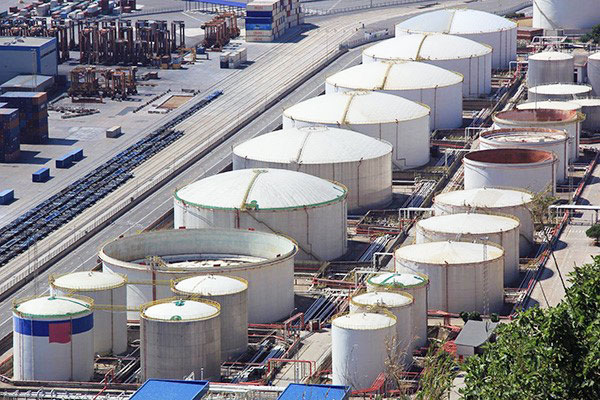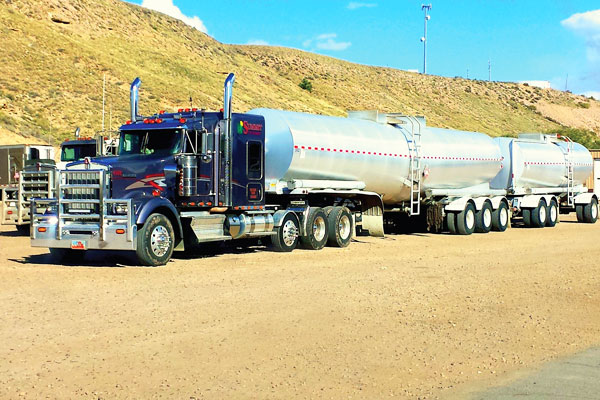The continued presence of water in diesel fuel and the operative fuel systems and storage tanks, combined with microbial acids and biosurfactants, precipitates increasingly aggressive corrosive activity in the fuel distribution systems. With carbon steel being predominant in the system’s storage and delivery of diesel fuel, iron oxides and iron oxyhydroxides (types of iron rust) form on metal surfaces upon contact with water and/or water containing dissolved oxygen. The shift from Low Sulfur Fuel to Ultra Low Sulfur has increased fuel systems’ susceptibility to corrosive attacks, as has the increased use of biodiesel blends (given their propensity to hydrate (or add water molecules to) the fatty acid methyl ester (FAME) molecules in biodiesel) with their heightened a inity for water, higher susceptibility to microbial activity, and increased solvency effect on pre-existing deposits. By using Fuel Clenz you can increase the life of Fuel Storage/Transport tanks as well as potentially increase the API inspection periods.


WATER BREEDS MICROBIAL ORGANISMS THAT ATTACK ALL FUEL KINDS
Water is a pervasive breeder of microorganisms (bacteria and fungi), with microbials being the second leading source of contamination in fuel systems. All microbes require the presence of water to survive and replicate, with such microbial organisms not requiring a large amount of water to breed. The more abundant organic acids, although less aggressive than inorganic acids, react with inorganic anions such as chloride, sulfate, and nitrate to produce strong inorganic acids (hydrochloric, sulfuric and nitric, respectively). These strong inorganic acids can cause corrosion and degrade fuel quality. Meanwhile biosurfactants (detergent-like microbes that gestate in the water in the bowels of a fuel tank) generate an inverted emulsion of water in the fuel, distributing water into the fueling phase and increasing the microbial attack on the diesel fuel.
